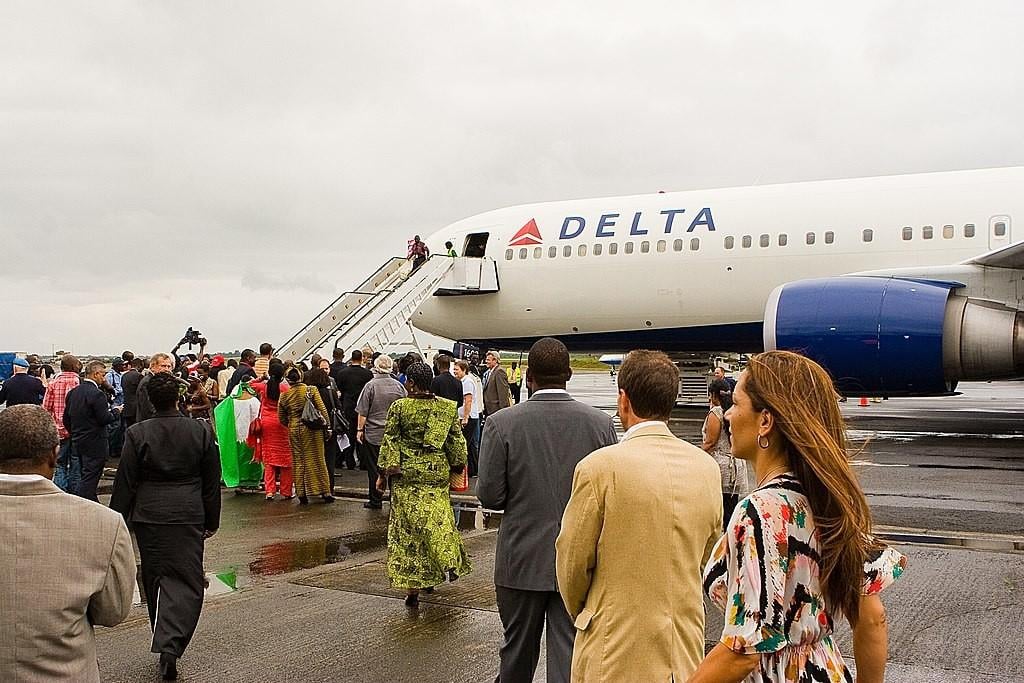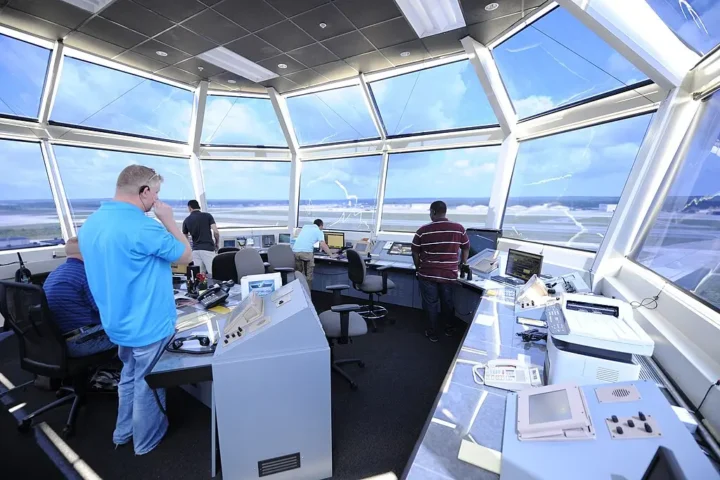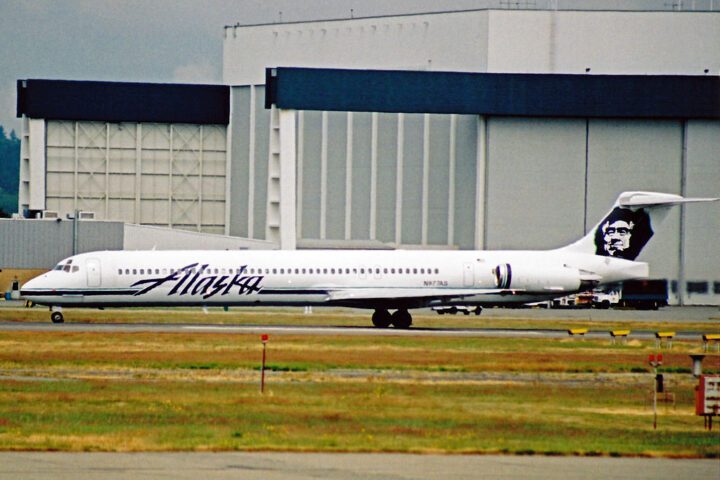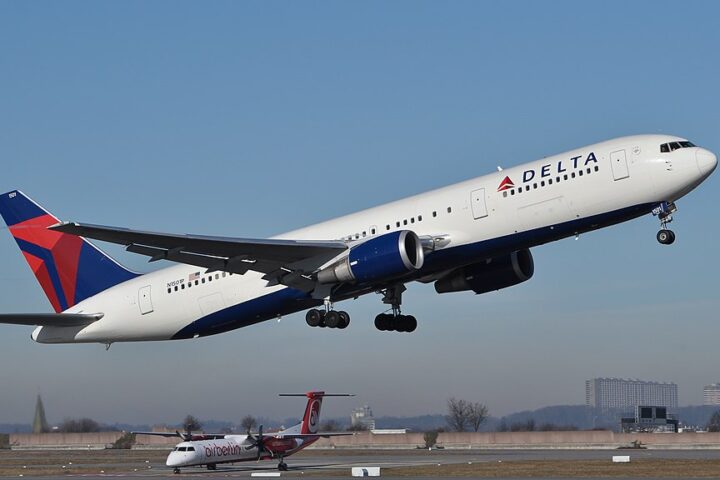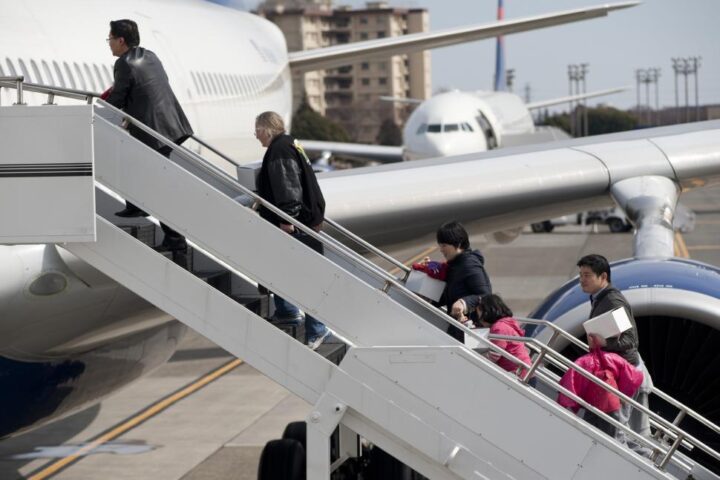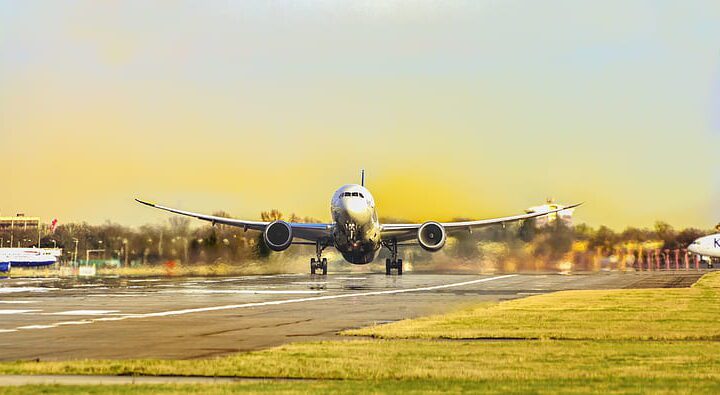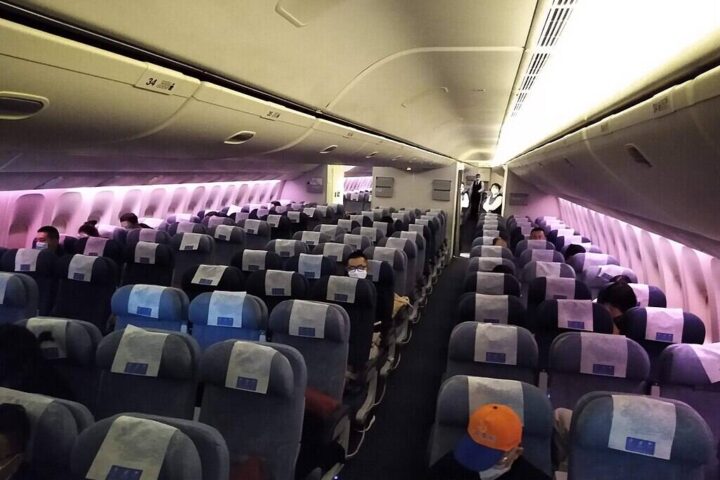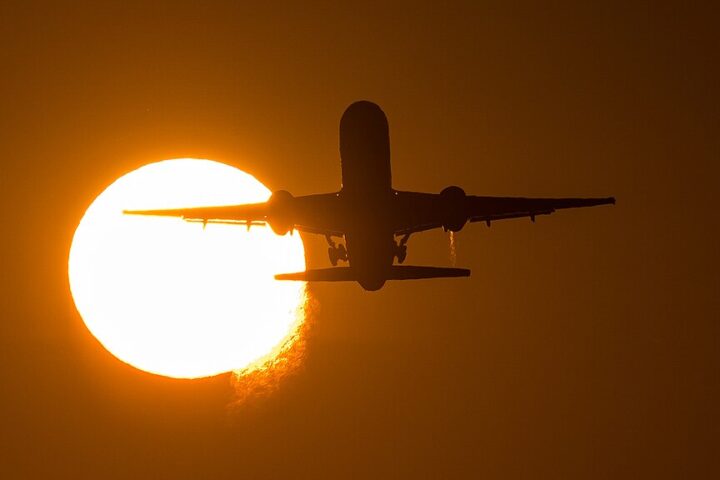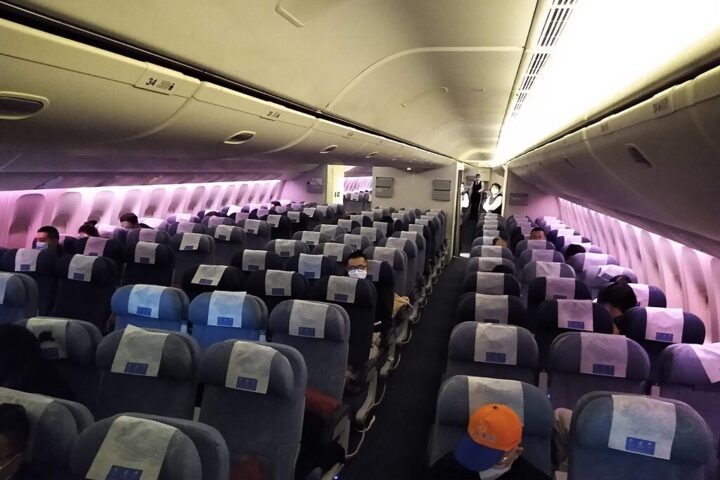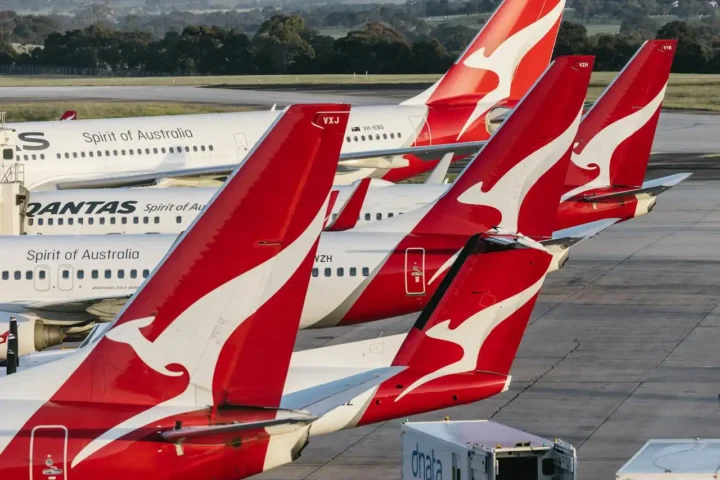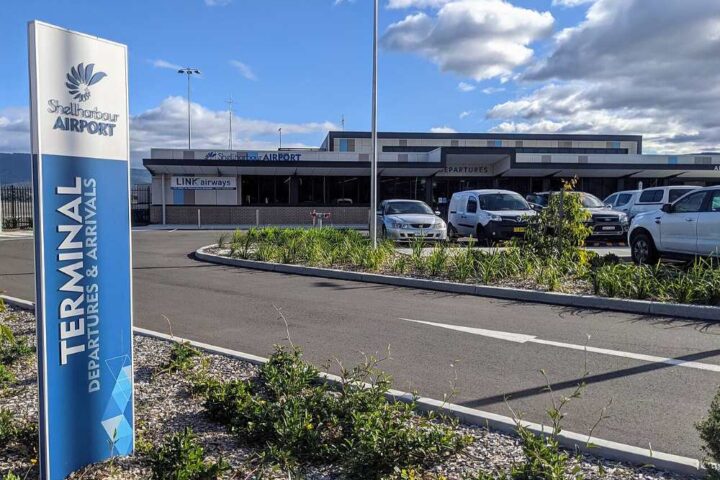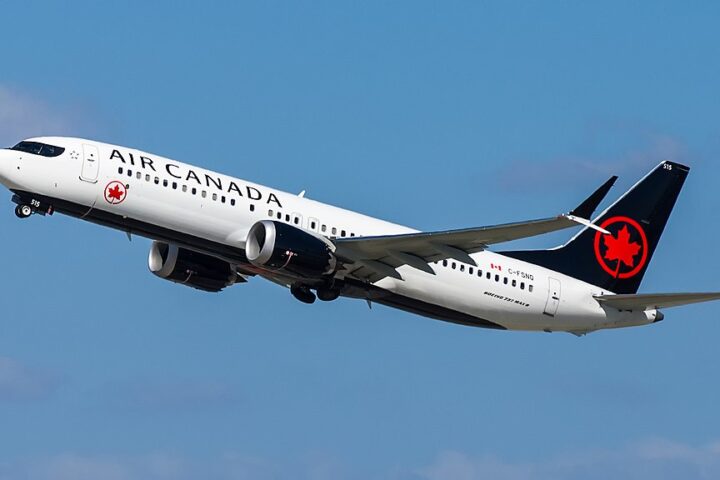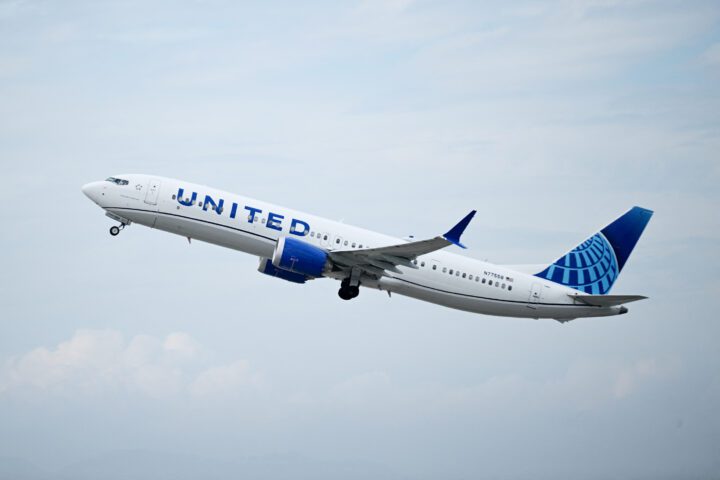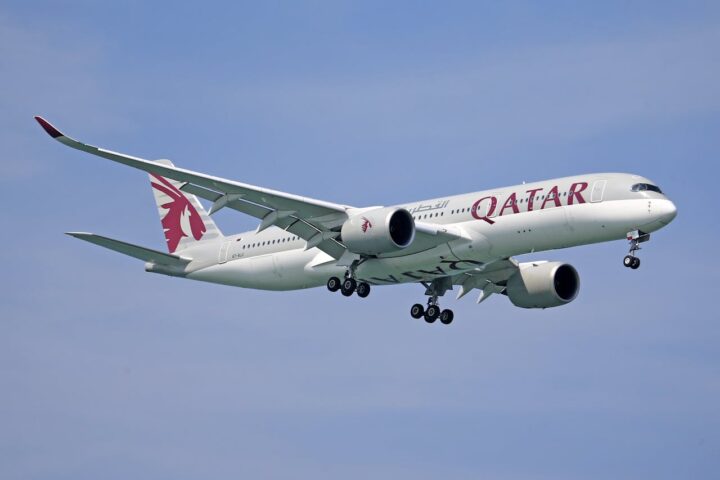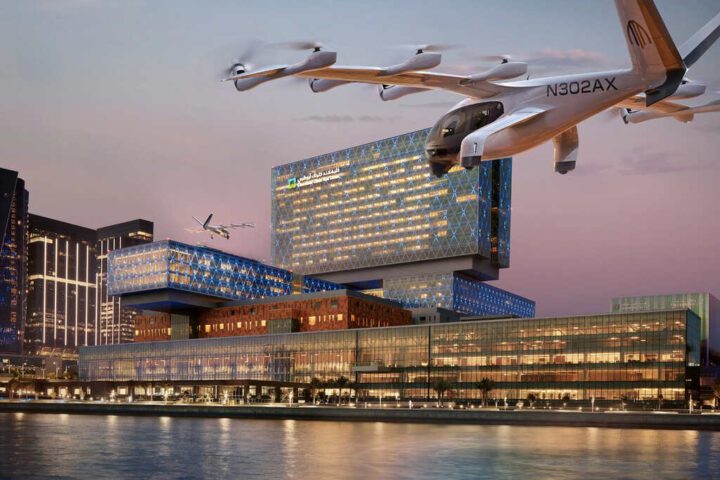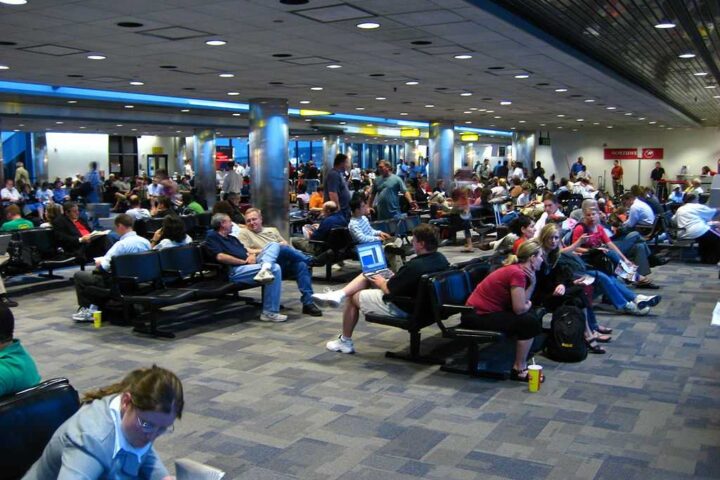Following intense public criticism, Delta and United Airlines have eliminated their contentious fare structure that imposed higher costs on people traveling alone. American Airlines remains the only major carrier still implementing higher prices for solo travelers on many domestic routes.
The pricing tactic was initially discovered by Thrifty Traveler’s executive editor Kyle Potter during his personal flight booking process. “I saw a $206 one-way fare to Newark this summer,” Potter explained. “I bumped it up to two passengers, then all of a sudden, I’m looking at $156 for the same fare.”
After extensive testing, Potter’s team confirmed that American Airlines, Delta Air Lines, and United Airlines were all charging higher rates for solo travelers on certain routes compared to tickets purchased in groups.
The price differences were substantial. In one example, a United Airlines flight from Chicago to Asheville cost $223 for a single passenger but dropped to less than half that cost per ticket when booked for two or more people.
Similar Posts
“It’s just another way for airlines to continue ‘segmenting’ their customers, charging business travelers paying with a corporate card more while offering a better deal to families on the exact same flight,” Potter noted.
Delta implemented changes to its pricing across the country by Friday, eliminating the premium charges for individual travelers. The airline’s fare rules that previously required at least two adults on a reservation to be eligible for lower prices have disappeared, according to searches of publicly available rules. Later that same day, United also removed similar pricing policies from its domestic flight offerings.
Industry experts believe this strategy specifically targeted business travelers, who typically fly alone and are less price-sensitive since their companies often cover travel expenses. Scott Keyes, founder of flight deal company Going, observed that “solo vacationers are innocent bystanders in this whole saga.”
The finding sparked debate about transparency in airline pricing. Susan Weinstock, CEO of the Consumer Federation of America, stated that “Airlines shouldn’t be penalizing travelers for flying solo, especially when this pricing practice is hidden from the public view.”
Whether this is just a temporary pause due to bad press or a permanent change remains unclear. None of the airlines have responded to requests for comment or attempted to defend their pricing tactics.
For travelers booking solo flights, experts still recommend comparing prices by searching for multiple passengers first. Setting price alerts on desired routes and using incognito browsing mode can also help avoid potential price increases.
“It feels like a game of cat and mouse,” Potter said. “Every time we find something out, weeks, months later, there’s some new system, trick, to push you into a more expensive fare, or hide a cheaper fare from you.”
